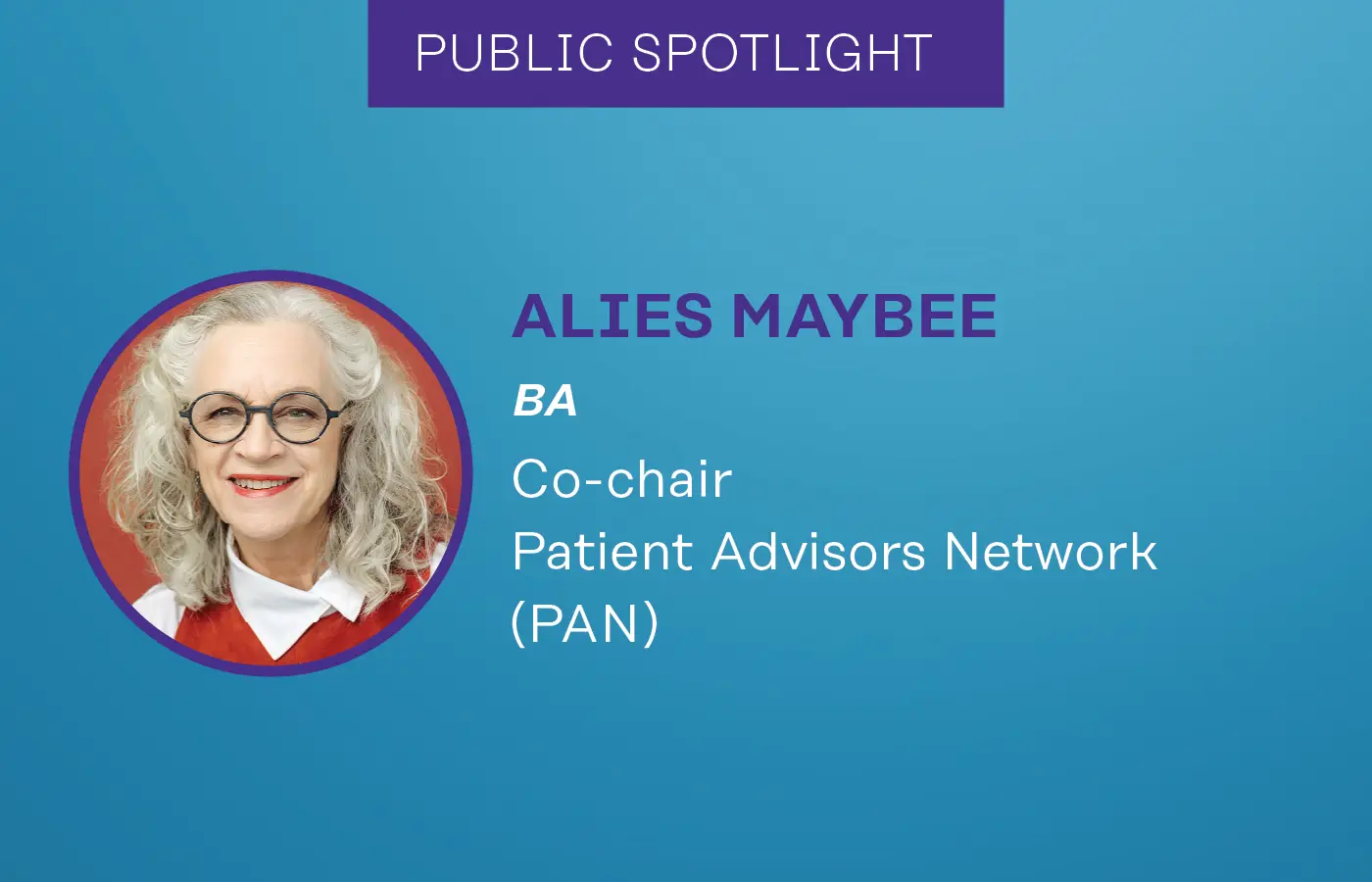Opinion: Insights on digital health and privacy legislation in Prince Edward Island
By Leanne Mutch, CHIM
The 2022 Updates on the Emerging Privacy Management Practices in Health Care Series webinar discussed recent developments and trends in digital health, privacy legislation, and lessons learned from privacy breaches.
In this article, I will share some insights on digital health and privacy legislation in Prince Edward Island. In Prince Edward Island, digital health has greatly impacted how health services are accessed and utilized. The Virtual Care Program is a temporary measure to improve access to care during COVID-19 for Islanders without a primary care provider. Through a secure health care platform powered by Maple, patients connect to a PEI physician who can treat various conditions over instant messaging and audio or video chat. When Maple is used for virtual care, personal health data is protected with a comprehensive security infrastructure and stringent data policies that ensure it stays private and secure.
Prior to the pandemic, steps were being taken to utilize digital health platforms. Due to the small population of PEI (approximately 166,000 as of January 1, 2022), residents may be referred to specialists in nearby provinces. Using teleconferencing technologies, many patients attend follow-up appointments with their off-Island physician, saving time and the expense of travel.
Another example of virtual care pre-pandemic is Remote Patient Monitoring, an at-home monitoring program available to Islanders who live with heart failure or Chronic Obstructive Pulmonary Disease (COPD). Patients avoid unnecessary trips to the hospital, identify problems before they become an emergency, and have greater involvement in the management of their health and quality of life.
Regardless of format, health care providers are committed to protecting the privacy of personal health information by following the Health Information Act. The Health Information Act came into effect in July 2017 as PEI’s health-sector-specific privacy legislation. The Act provides uniform requirements under which personal health information may be collected, used, and disclosed across the health care system in both public and private sectors.
A second piece of privacy legislation in PEI is the Freedom of Information and Protection of Privacy (FOIPP) Act, which gives people a right to access government records and their own personal information in the custody or control of a “public body,” subject to limited and specific exceptions. The Act ensures that public bodies are open and accountable to the public by providing a right of access to records and protecting the privacy of individuals.
There have not been any changes to either legislation in the last few years. However, as provinces move toward harmonizing privacy legislation nationwide, changes in other provinces’ privacy legislation may suggest future modifications we could expect.
Privacy breaches in health care are managed by the director of privacy and information management for Health PEI, the single health authority for the province. The information and privacy commissioner with the Government of PEI reviews complaints about actions or decisions related to both privacy legislations. It is beneficial to review breaches and identify problems arising in other jurisdictions, so we can take steps to prevent breaches in our organization.
As HIM professionals, we have an obligation to educate and promote patient trust by being transparent, sitting on vendor-selection committees, and assisting in planning the record lifecycle. We must insert ourselves into privacy conversations to be aware of how health information is being stored and used, so we can protect personal health information. My position within Health PEI involves records management, access, and privacy, and these are things we have done within our organization. Ensuring decision-makers are mindful of records and privacy in new initiatives and endeavours and being available for consultation and education sessions are ways we can promote good privacy practices and ensure patients have trust in the management of their personal information.
Further reading
Government of Prince Edward Island. (n.d.). Virtual Health Care for Islanders without a Primary Care Provider. Prince Edward Island. https://www.princeedwardisland.ca/en/service/virtual-health-care-for-islanders-without-a-primary-care-provider
Government of Prince Edward Island. (2021, October 26). Remote Patient Monitoring (RPM) Program. Prince Edward Island. https://www.princeedwardisland.ca/en/information/health-pei/remote-patient-monitoring-rpm-program
Prince Edward Island. (2021, October 2). Health Information Act. https://www.princeedwardisland.ca/sites/default/files/legislation/h-01-41-health_information_act.pdf
Prince Edward Island. (2022, May 6). Freedom of Information and Protection of Privacy Act. https://www.princeedwardisland.ca/sites/default/files/legislation/f-15-01-freedom_of_information_and_protection_of_privacy_act.pdf
Resources
Emerging privacy management practices in health care 5-module series + bonus ROI toolkit & guide.






